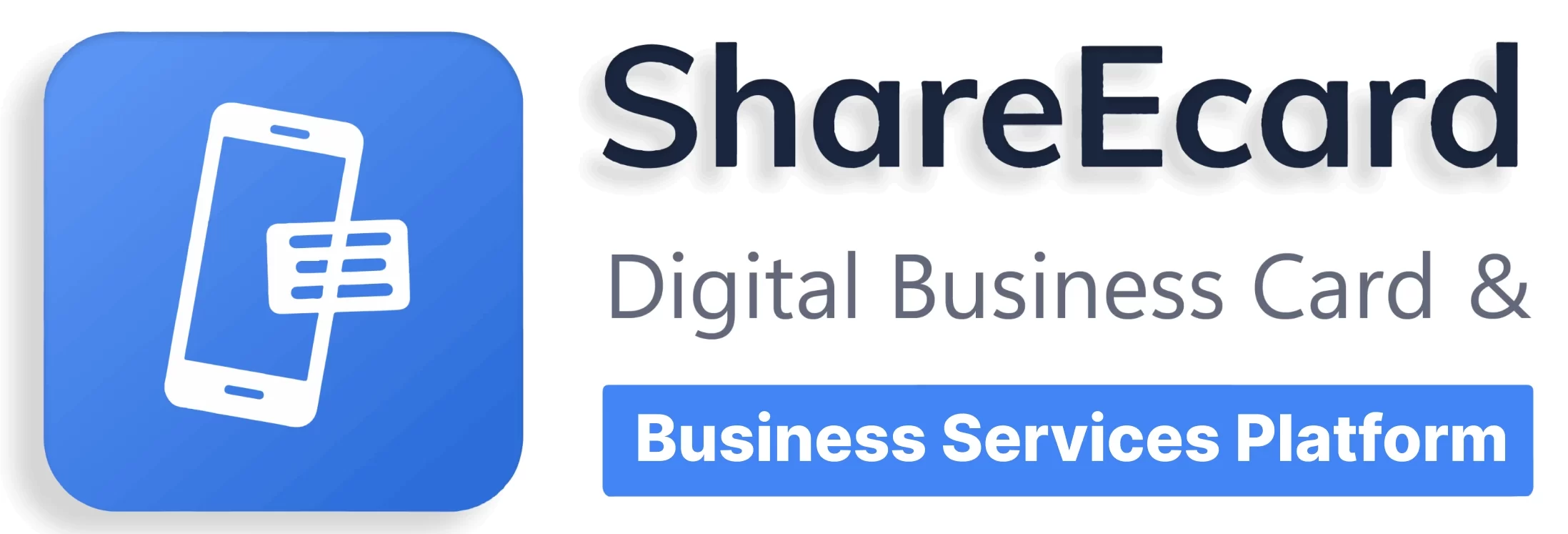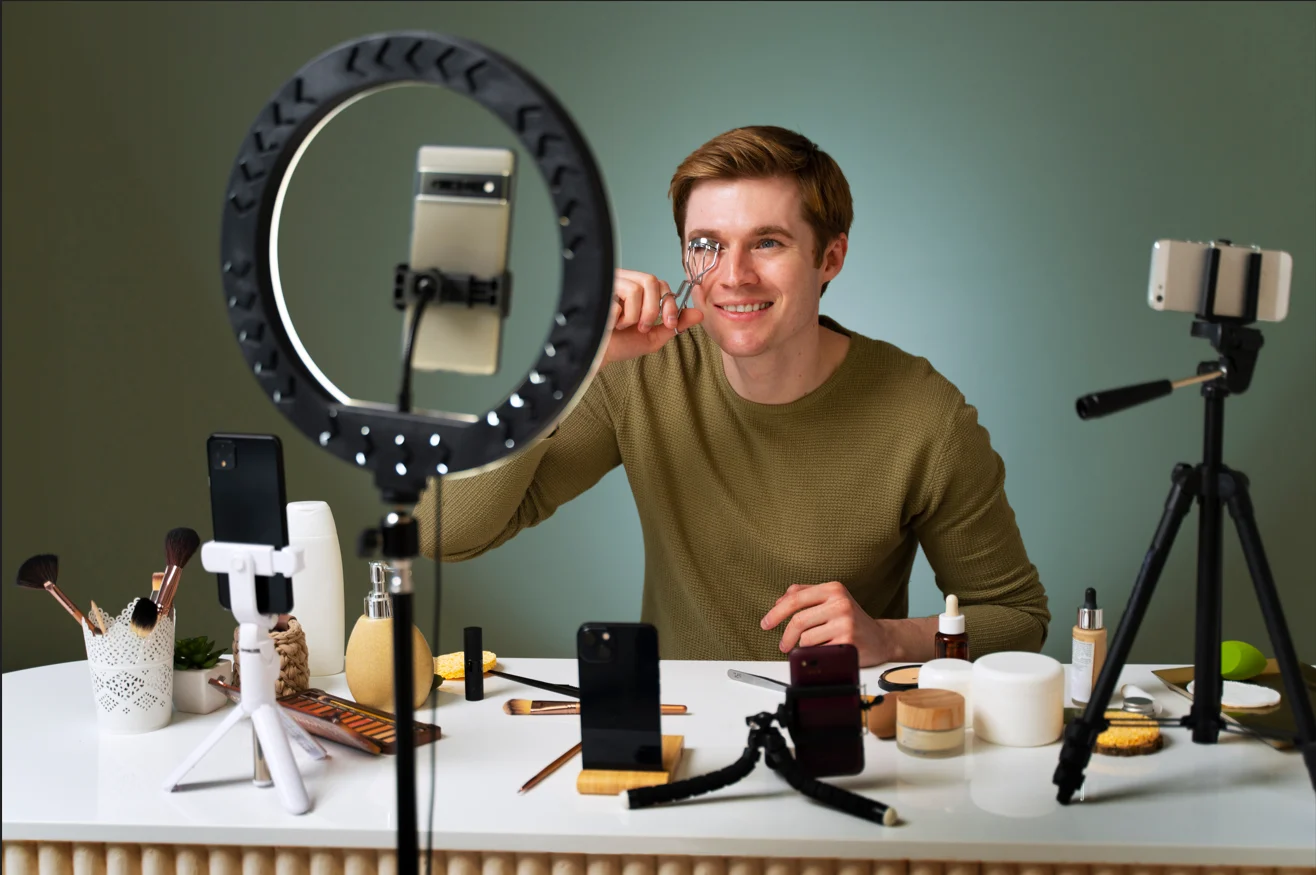Influencer marketing isn’t a niche add-on anymore. It has become one of the primary growth channels for brands in beauty, fashion, CPG, tech, lifestyle, and even regulated industries like finance and health services. But as partnerships become more complex and content production becomes more professionalized, brands are running into an operational problem. It’s not sustainable to manage influencer relationships manually at scale. You can’t rely on spreadsheet chaos, one-off DMs, inconsistent onboarding, random outreach, and scattered communication if you want measurable ROI. This is where creator management platforms have become essential infrastructure.
Why Creator Management Platforms are Becoming Core Marketing Infrastructure
Early influencer marketing was messy but forgiving because the volume was low. Today, brands manage hundreds or thousands of relationships at a time, not five. And onboarding has become a strategic part of the performance pipeline. A creator management platform offers the ability to centralize recruiting, pre-qualification, onboarding, compliance, and relationship management in one place. Platforms help brands streamline how they recruit creators, verify relevance, standardize agreements, and scale partnership execution in a more organized and data-backed way. It’s not just about organization. It’s about building operational efficiency in a category that used to rely on manual chaos.
Without operational structure, brands waste time, money, relationships, and cycle time. But when onboarding is structured and repeatable and when recruiting is mechanized, creator partnerships become scalable and predictable rather than unpredictable and exhausting. That shift is exactly why these platforms are becoming mainstream enterprise tools.
Standing Out in Saturated Marketplaces
Creators now live in one of the most crowded competitive markets on the internet. Everyone wants to build an audience. Everyone claims expertise. Attention is the new scarcity. There are many great strategies that brands and content creators use to differentiate themselves when the digital space feels full. It’s not enough to have good ideas. People have to be able to instantly recognize your positioning. And brands have to know how to identify, filter, and align with creators who already embody the positioning they want to be connected to.
This is where creator management platforms indirectly support differentiation. By structuring onboarding, brands can be selective. They can choose creators who fit authentic alignment, not just surface-level aesthetic similarity. Because when everyone looks similar online, what differentiates is how meaningfully aligned the creator is with the brand narrative. Better recruitment infrastructure helps brands choose better creators, and better creators produce better business outcomes.
The Creator Supply Chain is Becoming as Serious as Traditional Production Supply Chains
Most operators in this space are starting to treat influencer content as performance media, not vanity partnerships. That means the influencer pipeline is now a supply chain that includes sourcing, qualifying, contracting, producing, approving, delivering, measuring, and optimizing. A platform turns that into a real operational machine. Creator onboarding becomes standardized. Deliverables become predictable. Benchmarks become measurable. And reporting becomes integrated instead of improvised.
If a brand can’t measure, it can’t scale. And the influencer channel is finally hitting that maturity point. Brands that take this seriously are the ones who are starting to treat this channel the way professional media buying teams treat paid advertising.
Relationship Management Determines Long-Term ROI More Than One-Off Reach
It’s easy to get obsessed with signing as many creators as possible. But that’s not how this channel scales sustainably. The biggest mistake many brands make is believing that volume is the lever. It’s not. Alignment and relationship depth are the levers. When creator partnerships become repeatable, long-term, seamless engagements, that’s when revenue compounds. But long-term partnerships require structure. Consistency. Predictability. Shared expectations. Clear communication. Measurement feedback loops.
Platforms are designed to support this long game. They prevent the breakdown that comes from treating creators as disposable. And they make it easier for brands to grow through continuity instead of starting from zero every month.
Data Will Become the Biggest Differentiator in Future Creator Partnerships
Marketers have realized that reach without conversion is just entertainment. Brands want to tie creator spend closer to business outcomes. That means attribution clarity. That means better analytics. That means repeatable measurement. Creator management tech is evolving into data infrastructure that links content performance across channels, UTM tracking, commerce attribution, and cohort level outcomes.
Once that loop gets tighter, brands will stop seeing creator partnerships as experiments and start treating them like structured revenue lines. In this next chapter, the brand who understands creator performance data best will be the brand who scales fastest.
Creator Management Platforms Will Become Just as Normal as CRMs
Right now, creator tech still feels niche because it grew out of social channels instead of core commerce infrastructure. But that’s temporary. The next era of influencer marketing will look more like sales operations than PR. Creator management platforms will become normalized in enterprise stacks. They’ll be sitting next to MarTech, CRM, CDP, attribution, and paid media infrastructure.
Modern brands don’t want scrappy influencer chaos. They want structured influencer performance engines. And platforms are the operational backbone that turn creator work into a discipline instead of a gamble.




